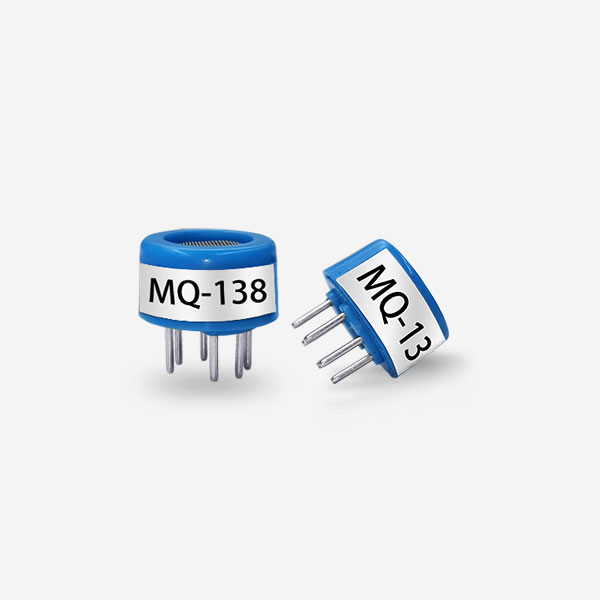CH2O sensor:
At present, with the improvement of living standards. The number of cars owned by Chinese people is increasing year by year. At present, the upsurge of private car purchases is still increasing. The increase in the number of private cars also means that traffic congestion is becoming more and more serious.
And people spend more and more time in the car. Consider the air quality in the car. That's because there are many toxic and harmful gases in the car that endanger our health. At this time, the formaldehyde sensor will be very important.
Items often detected in the air in the car: Formaldehyde, ammonia, benzene, toluene, xylene, total volatile organic compounds, inhalable particulate matter, etc.
How to solve these problems has become a problem that car manufacturers need to consider. We can try to use Formaldehyde gas sensor.

The formaldehyde in the car is very similar to the formaldehyde in the decoration. The interior materials of the new car will also release formaldehyde that is harmful to human health. People's health will be seriously threatened if they stay in this "toxic" environment for a long time. However, the reason why the environment inside the car is getting worse and worse, in addition to car perfume, poor quality rubber, floor mats, "leather" seats, and even steering wheel covers. The culprit is the substances volatilized from the adhesive, which makes the Chemical pollutants such as formaldehyde in cars began to increase.
Formaldehyde sensors worth having!
There are many hazards of formaldehyde, a chemical pollutant. Eyes: irritation of mucous membranes leads to tears. Formaldehyde is irritating. When it reaches a certain concentration. It will first irritate the mucous membranes of the eyes, causing symptoms of dryness, tearing. And inability to open eyes. Skin: High concentrations of formaldehyde can cause skin allergies in some people. With symptoms of skin itching and mild rashes. People with dermatitis and eczema are prone to aggravate the condition in an environment where the concentration of formaldehyde exceeds the standard for a long time. Respiratory tract: sore throat, dry nasal cavity, cough, chest tightness. According to specialists, the stimulation of high concentrations of formaldehyde can easily lead to diseases of the upper and lower respiratory tract. We can use formaldehyde sensors to help us.
 : +86 155 8830 2704
: +86 155 8830 2704 : jxdziot@gmail.com
: jxdziot@gmail.com
